The United States finds itself in the throes of an ongoing healthcare dilemma: a persistent shortage of Amoxicillin, a foundational antibiotic crucial in treating a myriad of infections in children. This situation, which originated in the previous winter, shows no signs of resolution as the country enters a new season of infections. The scarcity of this essential medication brings to the forefront the fragile state of drug supplies in the healthcare system and the undeniable impact this has on pediatric care. As we delve into the root causes, implications, and possible solutions to this shortage, it becomes abundantly clear that a multifaceted approach is necessary to ensure that our youngest and most vulnerable populace are not left at risk.
According to the US Food and Drug Administration's (FDA) drug shortage database, the liquid formulation of Amoxicillin, often prescribed for conditions such as strep throat, chest and sinus infections, and earaches in children, has become increasingly difficult to procure. This shortage is not restricted to any single region but is affecting hospitals and retail pharmacies across the nation, putting immense pressure on healthcare providers to seek alternative treatments. While alternatives are available, they may not always be as effective or can carry different side effects, complicating the treatment process for pediatricians and care providers.
Several manufacturers have attributed the prolonged deficiency of Amoxicillin to a sharp rise in demand, a phenomenon possibly fueled by the cyclic nature of infections. However, a deeper examination reveals additional layers to the problem. A significant factor contributing to the shortage is the economic disincentive for pharmaceutical companies to produce certain drugs. The low price point of drugs like Amoxicillin, while beneficial for making healthcare accessible, unfortunately, translates to minimal profits for manufacturers. This financial dynamic has led some manufacturers to reduce production or exit the market altogether, exacerbating the shortage.
Experts in the field argue that the underlying issue of drug shortages, particularly those affecting inexpensive and widely used medications like Amoxicillin, stems from a lack of profitability. These economic realities highlight a critical flaw in the pharmaceutical supply chain: when drug production is purely profit-driven, essential medications may become scarce. The FDA plays a crucial role in monitoring drug shortages and engages with manufacturers to mitigate these situations; however, its authority to directly address the root causes is limited. As shortages become increasingly common, there is a growing consensus among healthcare professionals and policy analysts that a more proactive approach is necessary.
One proposed solution is the establishment of a dedicated government office tasked with overseeing drug supplies. This body would not only monitor the availability of critical medications but would also work to ensure that an adequate supply is maintained during periods of increased demand or manufacturing disruptions. Such an initiative would represent a significant step forward in safeguarding drug supplies and, by extension, public health. Nevertheless, the creation and implementation of such an office would require comprehensive legislative support and a reevaluation of the current healthcare system's priorities.
The ongoing shortage of Amoxicillin serves as a stark reminder of the vulnerabilities in our healthcare system, particularly regarding the availability of essential medications. As we move forward, it is imperative that policymakers, healthcare providers, and industry stakeholders collaborate to address the economic and structural challenges facing drug manufacturing. Only through a concerted effort can we ensure that the health and well-being of children, who rely on medications like Amoxicillin, are not compromised by systemic inefficiencies.


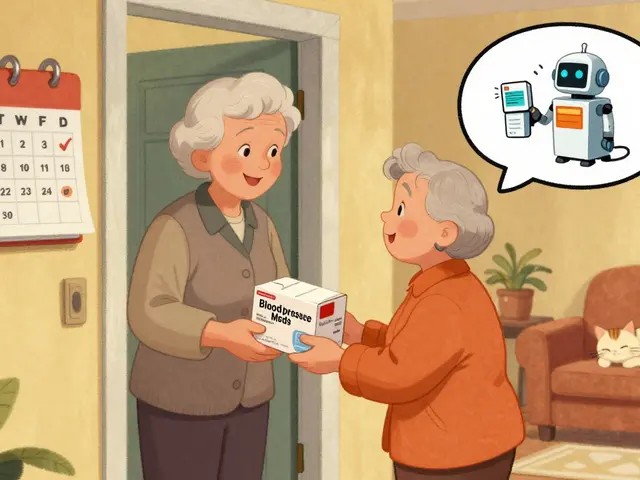

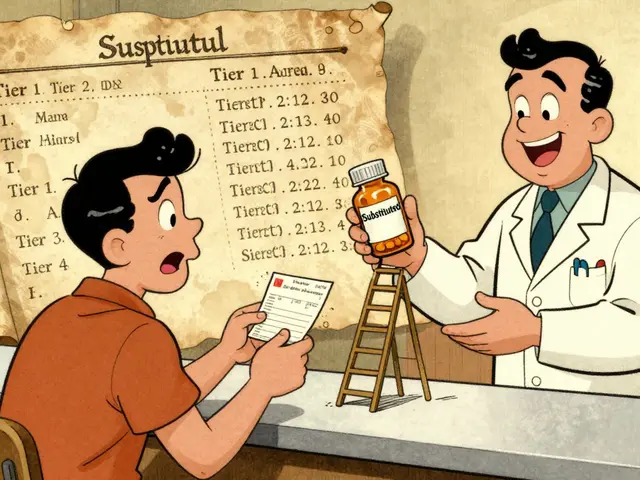
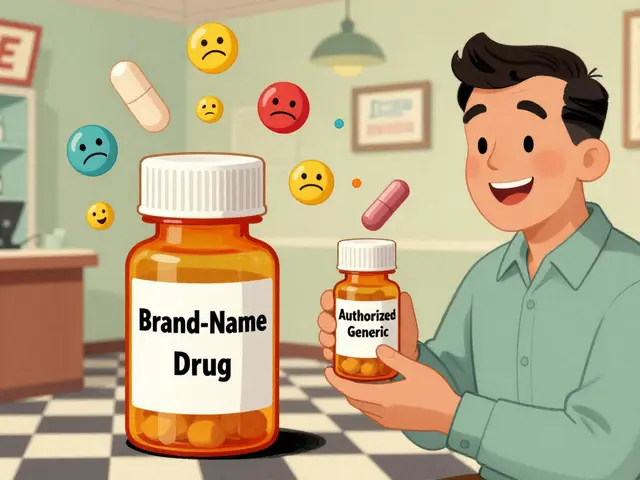
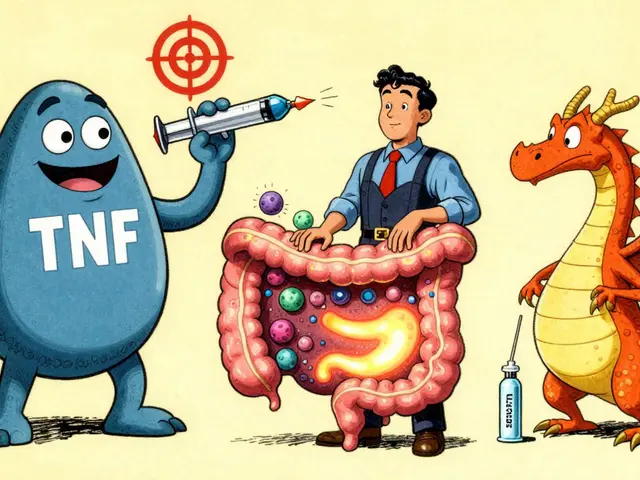


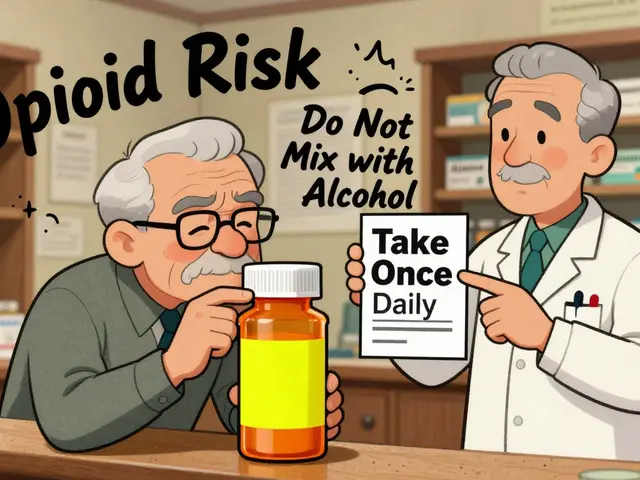
The current Amoxicillin shortage feels like a silent storm gathering over our pediatric wards.
The parents watch anxiously as familiar bottles vanish from pharmacy shelves, a scene that would have been unthinkable a decade ago.
This scarcity is not merely a logistical hiccup; it is a stark illustration of how market forces can betray public health imperatives.
When a drug as ubiquitous as liquid Amoxicillin becomes a rare commodity, the ripple effects touch every corner of child healthcare.
Pediatricians are forced to substitute with broader‑spectrum antibiotics, which may increase resistance and expose children to unnecessary side effects.
Moreover, the confidence families place in the healthcare system erodes when the most basic treatment is unavailable.
The root cause lies partly in the economics of drug production, where low profit margins discourage manufacturers from maintaining robust supply chains.
Yet, we must also acknowledge the seasonal surge in infections that amplifies demand beyond the steady baseline.
Regulatory bodies like the FDA can alert the public, but their authority to compel increased production remains limited.
A coordinated policy response-perhaps a dedicated governmental office-could monitor inventory levels and intervene before shortages become crises.
Incentivizing manufacturers through subsidies or guaranteed purchase agreements might restore the balance between cost and availability.
In the meantime, clinicians should share best practices for alternative therapies while advocating fiercely for their patients.
Parents, too, can play a role by ensuring adherence to prescribed courses, thereby reducing the overall demand for repeat prescriptions.
Ultimately, safeguarding children’s health demands that we view essential medicines not as commodities but as public goods.
Let us hope that this moment of scarcity sparks a lasting reform that secures the future of pediatric care.
The shortage is simply a predictable outcome of a market that values profit over children, and it's barely surprising.
This whole mess is a disgrace. The pharmaceutical industry’s greed is killing our kids.
i cant even find the syrup at my local drugstore lol.
When we peel back the layers of this crisis, we see a tapestry woven with both economic thread and ethical fibers.
The cheapness of Amoxicillin conceals a paradox: its affordability for patients masks the financial fragility of its producers.
In a world that celebrates innovation, we paradoxically neglect the humble workhorse of antibiotics.
It is a reminder that health is not merely a commodity, but a shared responsibility.
If we fail to protect this cornerstone, the very foundation of pediatric care begins to crumble.
Indeed, the so‑called "market forces" you mention are nothing but a convenient excuse, a thin veneer that disguises the lack of strategic foresight; the pharmaceutical giants, with their endless board meetings, could easily allocate resources to sustain production, yet they choose instead to chase higher‑margin drugs, ignoring the silent screams of children across the nation, and the FDA, despite its commendable monitoring, is hamstrung by legislation that prevents decisive action, a reality that should provoke outrage in any rational observer, and perhaps a new policy framework is the only antidote to such systemic inertia, because without it, we are doomed to repeat this humanitarian oversight.
Your critique overlooks the nuanced reality that shortages often result from a confluence of supply chain disruptions, not merely corporate avarice. While profit motives play a role, regulatory bottlenecks and raw material scarcities are equally culpable, demanding a holistic approach rather than finger‑pointing.
Hang in there, folks! 🌟 Even though the situation is rough, we can push for better policies and support each other-together we’ll get through this shortage! 😊
Honestly this is just another example of how the US lets its own people suffer while big pharma makes bank-totally unacceptable.
The discourse surrounding the Amoxicillin scarcity invites a contemplation of the broader epistemic structures that underpin our healthcare economies; one must interrogate not merely the superficial supply–demand equation but also the ontological assumptions that render certain pharmaceuticals as expendable in the collective psyche, thereby fostering a milieu wherein indispensable medicines become peripheral, a phenomenon that, if unexamined, threatens the very fabric of pediatric stewardship.
It is a lamentable situation that the caregivers of our nation's youth are forced to navigate an environment where essential therapeutics are rendered inaccessible due to profit-driven manufacturing decisions; such systemic failures demand a rigorous moral appraisal and immediate legislative remediation.
So, apparently the shortage is "inevitable"-but then why do we keep seeing the same headlines, over and over, ignoring the fact that we could have prevented this crisis if we had taken action earlier?
What a perfect illustration of bureaucratic inertia-while children suffer, the very institutions designed to protect them remain paralyzed, shouting into the void of our collective disappointment.
It’s sad to see kids not getting the meds they need. We should find simple ways to keep essential drugs in stock.